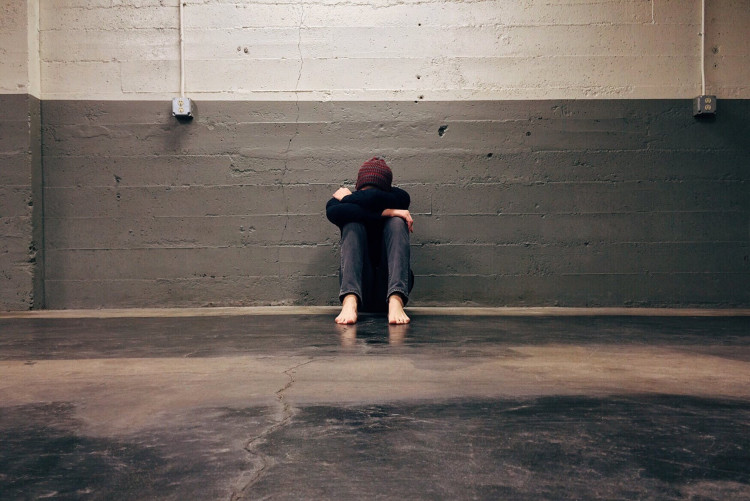Everyone is guilty of being anxious in life. With the lifestyle and society we're in where everything seems instant and almost always is in a rush, it is indeed almost impossible not to feel that way.
When a person is experiencing anxiety, Healthline enumerated several things that happen in one's body. Some of those are panic attacks, headaches, depression, irritability, pounding heart, breathing problems, and upset stomach. But have you ever wondered how anxiety could affect your blood pressure?
"Our mind and our thoughts certainly are connected to our hearts," explains Dr. Christopher Celano, associate director of the Cardiac Psychiatry Research Program at Massachusetts General Hospital. The expert further explained that whenever a person experiences anxiety, no matter what reason is, the nervous system would either fight-or-flight. This reaction causes the heart rate to speed up and blood pressure to increase.
With regards to how anxiety can negatively affect the body, Celano further explained that it isn't too bad after all. The expert says "a little anxiety can be motivating," which could help the person in a lot of ways like motivate them to embrace a new exercise routine and inspire them to go on healthier choices.
Though a little anxiety is healthy, there is but one thing the expert want to remind people about. "The parasympathetic and sympathetic nervous systems are essential for heart health," Celano shares. Because of this, it is important to balance out the body's parasympathetic nervous system activity to keep a person's heart health in control.
Without the balance, the expert explains this could eventually lead to some adjustments in several parts of the body including the immune system, platelets, and blood vessels. These changes could eventually lead to cardiovascular diseases and specifically high blood pressure, as reported by TIME.
Though Celano's research showed how chronic anxiety could dramatically increase one's high blood pressure, several studies about the matter showed how anxiety could do the opposite. With the ambiguous results of the study, Dr. James Brian Byrd, a hypertension specialist and assistant professor of cardiovascular medicine at the University of Michigan Medical School, cleared this issue is yet to be settled. "It is harder to tell whether frequent anxiety can contribute to the development of sustained hypertension," he said.
Meanwhile, Celano emphasized how unhealthy it is to have chronic anxiety no matter how it would affect blood pressure rate. Given this reason, it is crucial to try managing it, especially for a person to have a good and high-quality way of life.






